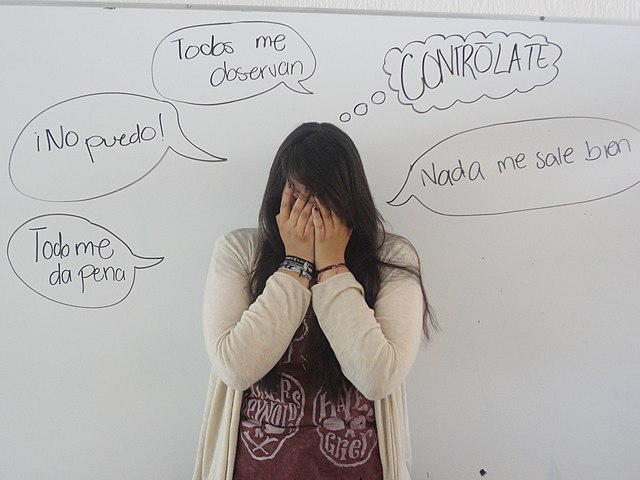Phobia is defined as an excessive and irrational fear reaction, it could be towards anything.
When the source of fear is there, a deep sense of panic comes with it.
This fear can be towards any certain situation, place, or even an object.
There is an estimate of 19 million people who have a phobia in the United States. People suffering with phobias usually realize their fear is irrational, but cannot control it.
Seek the help of a professional if your phobia is preventing you from living a full life and read more about phobias on mental-md
There are different factors that could cause phobias such as genetic or environmental factors. Distressing events, especially matters that cause severe anxiety, could bring on phobias. There are many things that could be related to phobias such as depression, substance abuse, traumatic brain injuries, and ongoing health conditions.
People who have phobias do have irrational fears, but they pass the reality test which means they do not have hallucinations, delusions, or paranoia.
There are different types of phobias that are considered more common such as Agoraphobia and Social Phobia.
– Agoraphobia:
a fear of situations or places that escape is not possible.
The world translates to “fear of open spaces”.
People who suffer from this kind of phobia try to avoid social situations, leaving the house, or being in large crowds.
People with Agoraphobia are afraid that they might have a panic attack in public places or a medical emergency where no help is available.
– Social phobia:
social phobia is the same as social anxiety disorder.
It causes severe worry and stress about social situations. This kind of phobia can lead to self-isolation and cause stress over the simplest interactions such as answering the phone or ordering food.
People suffering from social phobia often avoid public situations so avoid causing panic.
To read about social anxiety disorder in more detail, visit ANXIETY ARTICLE on mental-md
Other types of phobias
A true phobia can be on any certain situation or object, but it needs to interfere with daily life.
1. Acrophobia: fear of heights. People with Acrophobia try to avoid bridges, hills, or building.
Symptoms of this phobia include dizziness, sweating, or faint feelings.
2. Homophobia: fear of blood or injury. Being in contact with blood or seeing blood could cause loosing consciousness.
3. Claustrophobia: fear of tight or closed spaces. Severe form of this fear can cause a person to avoid cars or elevators.
4. Glossophobia: fear of public speaking or performance. This type of phobia can cause actual physical symptoms when thinking about the act as well.
5. Nyctophobia: fear of darkness. This kind of phobia almost always begins at childhood and once it passes adolescence, it is considered a phobia.
6. Arachnophobia: fear of spiders
7. Aviophobia: fear of flying
8. Cynophobia: fear of dogs
9. Ophidiophobia: fear of snakes
10. Dentophobia: fear of dentist
Risk factors for developing a phobia can include being genetically predisposed to anxiety.
Gender, age, and socioeconomic status could also be risk factors for phobia.
The most common and disabling symptom of phobias is a panic attack.
A panic attack could cause racing heart, nausea, shortness of breath, upset stomach, shaking, chest pain, dizziness, choking sensation, sweating, and a feeling of impending doom.
Check out THE PANIC ATTACK ARTICLE from mental-md for more details on this condition.
Treatment options are available such as medication, therapeutic methods, or a combination of both.
Contact a professional healthcare provider to get help if you are experiencing severe or disabling symptoms due to a phobia.
Overcoming phobias can be a difficult task, but there are ways to start the process to recovery.
You can learn how to manage your fears so that you can live a happy, and full life.


This is the right blog for everyone who wants to find out about this topic. You understand so much its almost hard to argue with you (not that I personally would want toÖHaHa). You certainly put a new spin on a topic thats been written about for decades. Wonderful stuff, just great!
You have mentioned very interesting details! ps decent internet site. “Formal education will make you a living self-education will make you a fortune.” by Jim Rohn.